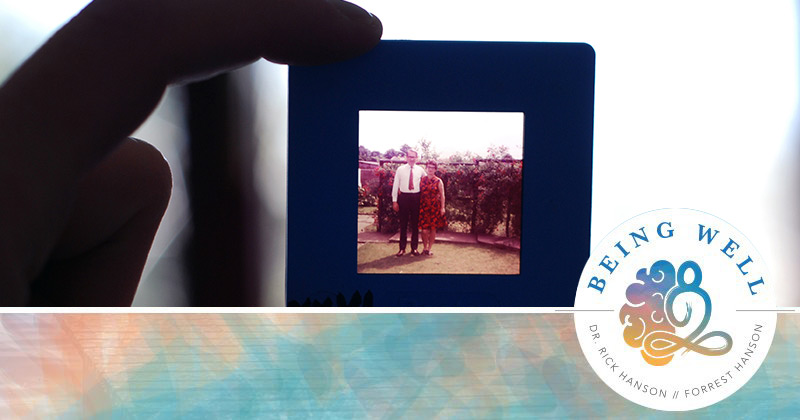
Being Well Podcast: Connecting With Your True Nature
We explore how we can get back in touch with the person we were when we were young. And, alongside that, how we can rediscover our “true nature:” who we were before the world got in the way.

We explore how we can get back in touch with the person we were when we were young. And, alongside that, how we can rediscover our “true nature:” who we were before the world got in the way.

Today it’s part two of our conversation on Loneliness! We’re moving on to the practical question of what we can do in our lives to overcome experiences of loneliness, and deepen our connection to other people.

On today’s episode of the podcast, Forrest and I explore how we can be surrounded by other people, and still feel alone. They cover the genetic and developmental roots of loneliness, and how loneliness can creep into even our most connected, important relationships.

This episode explores some tools and strategies that people with bipoloar disorder can use to help themselves or their loved ones manage symptoms.

On this episode we focus on a subset of the depressed mood states including bipolar disorder, formerly known as manic depressive.

In this second part on depression and depressed mood, we turn our focus onto some of the tactics and strategies people can use, both in their own mind and out in the world, to help manage a depressed mood.

Today’s episode explores what depression is, where it comes from, and how it differs from sadness.

On today’s episode, we’re continuing our series on “Who Am I” by looking at a particularly intense, but actually quite common, version of this: Borderline Personality Disorder.

In this episode we look at one of the most well-known personality disorders: sociopathy. We’ll explore what it is, where it comes from, and what we can do to interact more skillfully with people who possess it.

Today we explore the innate tendencies we have in our important relationships, and what we can do about it.

How can we take in positive experiences and develop a strong sense of self without developing narcissistic traits or falling prey to narcissistic tendencies?

Shame is one of the most common, damaging experiences all of us face in our lives, and learning to deal with and heal shame injuries over time is a key part of becoming as healthy and happy as possible.

On this episode of the podcast, Forrest and I continue our series on “Who Am I” with an episode dedicated to exploring tendencies related to obsessive compulsive disorder.

How we can manage an anxious temperament, or help loved ones manage their own.

We continue our series on the central question “Who Am I” by exploring some subjects related to people who have an anxious or fearful temperament.